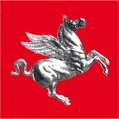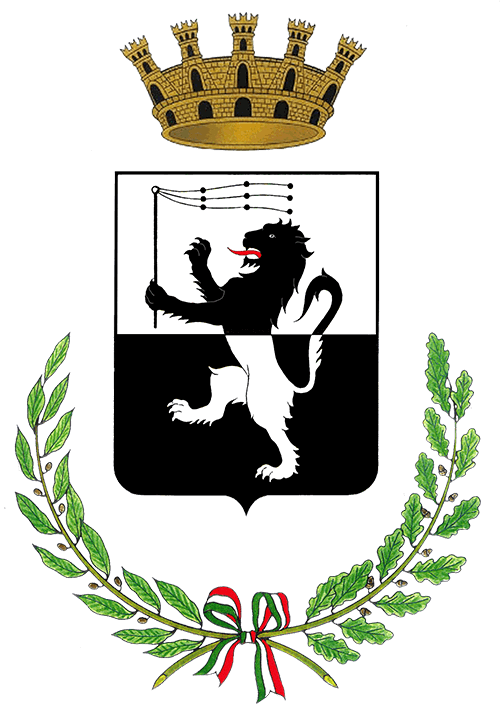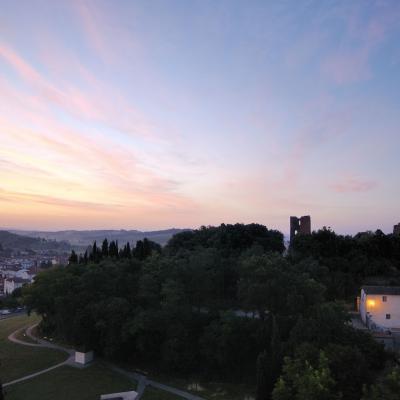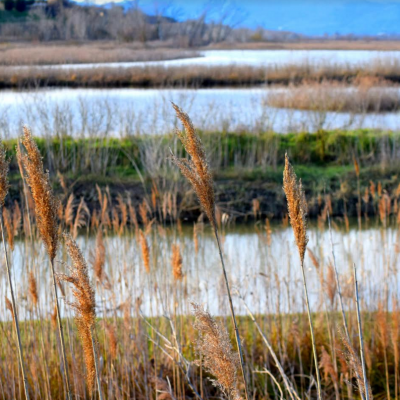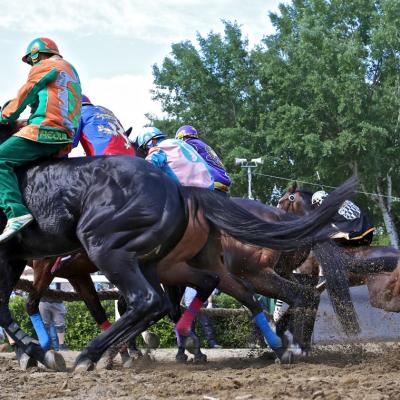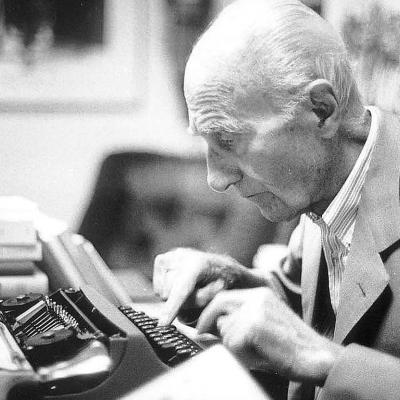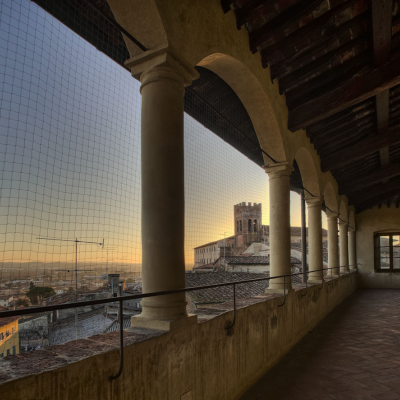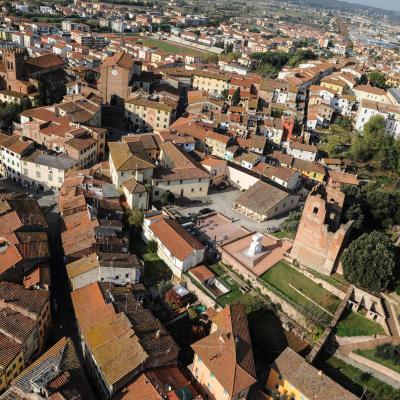Crossroads of emotions
Fucecchio is located on the right bank of the Arno river, half way between Florence, Pisa and Lucca.
Its history is tightly bound to the Via Francigena, that goes through the territory of Fucecchio, crossing the Arno river and continuing towards the Valdelsa river. Also present is the Medici family, who during the Renaissance established the administrative centre of the grand ducal farms here.
The Cadolingi Counts of Pistoia are given credit for the construction of the Castle and the Church of St. Salvatore (Chiesa di San Salvatore), in the 10th century, which still dominates the village from the Poggio Salamartano, together with the Collegiate of St. John the Baptist (Collegiata di San Giovanni Battista), rebuilt in neoclassical forms in the eighteenth century.
The Corsini Park is the only remnant of the medieval castle, where the Civic Museum, which documents the history of Fucecchio through numerous archaeological finds and an art gallery from the local churches, can be found. Thanks to the ornithological collection, it reminds us of the proximity of the Padule (Marsh) of Fucecchio.
It was precisely this natural area, known to be the largest inland swamp in Italy, that has been enhanced and exploited since the Renaissance, when Cosimo I de' Medici built the Bridge of Cappiano that crossed it and, if necessary, regulated the course of the canal Usciana. It was the administrative centre of the Medici farms in this territory. Today the Padule is one of the last refuges for many animal species and can be visited on foot, by bike; along the paths that cross it, or with traditional barges. Here, as in the nearby Cerbaie Woods, you can admire some unabridged views of the Tuscan countryside.
Fucecchio's name is associated with that of the famous journalist, Indro Montanelli (1909-2001) who, despite living and working mainly in Rome and Milan, always remained attached to his hometown, so much so that he wanted his studies to be entirely transferred here, in the Montanelli Bassi Foundation. Today it is an evocative place to visit and study, dedicated to this important figure of the twentieth century.
Discover Fucecchio, its natural and architectural beauties, its traditions, its history, as well as, its main events by consulting the in-depth pages available on this page.
